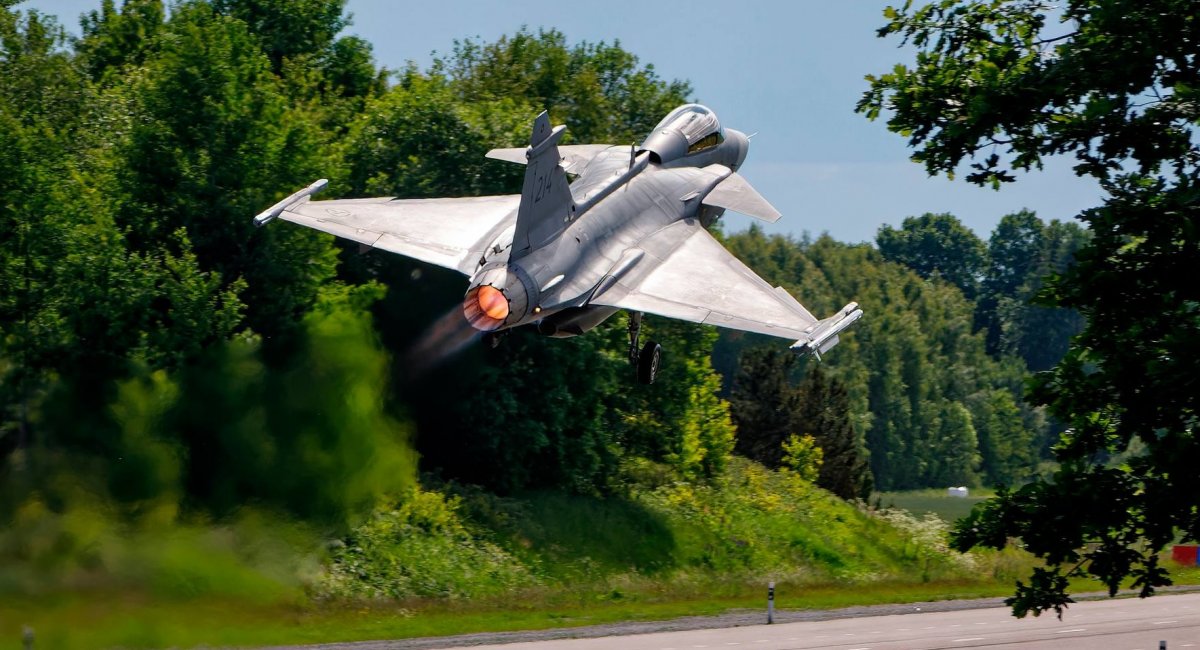The United States may impose a veto on the use of its components or technologies for the production of the JAS 39 Gripen if Colombia decides to purchase aircraft of this type.
In this case, it's important to emphasize that the veto pertains specifically to the components and technologies for those "Gripens" that the Colombian Air Force might theoretically acquire. This example is quite illustrative of the lengths to which the Americans are willing to go to secure their position in the Latin American arms market.

As reported by the portal Infodefensa, "from its own sources in diplomatic circles," it has come to their attention that a delegation from the Administrative Department of the President of the Republic of Colombia recently visited the U.S., and during this visit, the question was raised about how the American side would respond if the Colombians were to acquire the JAS 39 Gripen for their Air Force.
The response was essentially a message from the American side indicating that they could impose a veto on the necessary components for the "Gripens." Moreover, it was mentioned that just three months ago, the U.S. began investigating Brazil's purchase of Swedish Gripens to determine if there were any instances of corruption in that process.
It should be clarified that when in November 2024 Sweden offered Colombia to purchase "Gripens", it was specifically mentioned that these aircraft would be manufactured in Brazil. Therefore, the U.S. investigation into Brazilian purchases is directly related to Colombian intentions regarding the aircraft.

On one hand, the actions of the U.S. can be viewed solely through the lens of competition for direct contracts, especially considering that in December 2024, it became known that the Americans were indeed ready to sell or even simply gift used F-16s to Colombia, while simultaneously hinting at some issues.
On the other hand, this also reflects the clear intention of the U.S. to solidify its foreign policy positions in Latin America concerning the aircraft for Colombia.
Since the aforementioned publication from Infodefensa clearly indicates that the Colombian delegation, during its visit to the U.S., engaged in unauthorized negotiations with Marco Rubio, essentially violating the rules regarding the transparency of the negotiation process.
Furthermore, the Administrative Department of the President of the Republic of Colombia does not have direct authority to deal with arms procurement issues, which means that in this story, the Colombian delegation also exceeded its powers according to its own legislation.